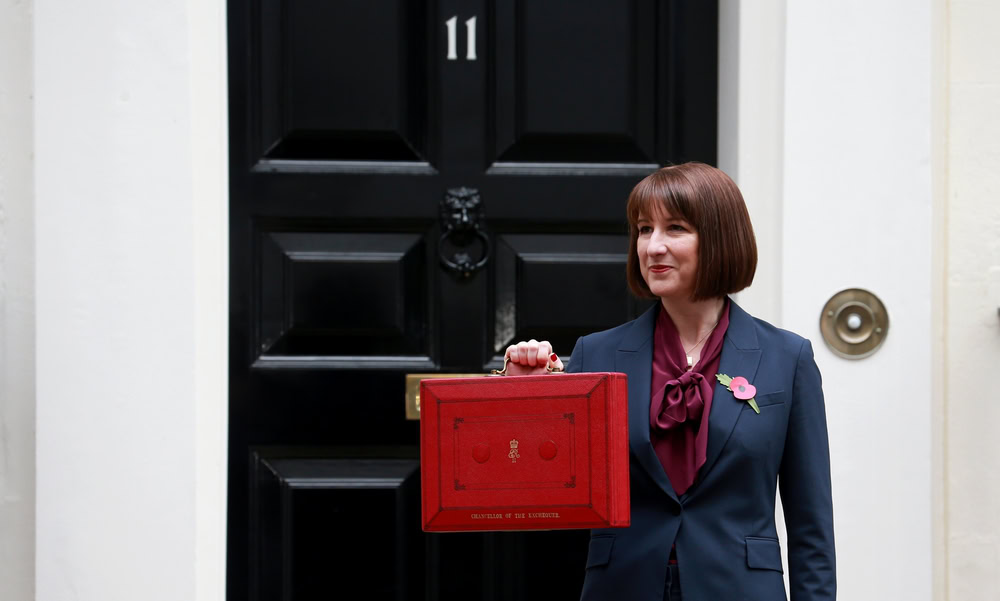In a briefing paper on the proposed Waste Electrical and Electronic Equipment Directive the Department of the Environment, Food and Rural Affairs said it is “keen to build on existing infrastucture and is looking into the role that civic amenity and other sites might play in providing central collection points.” The Department is also considering a system involving local authorities working together with retailers in running a kerbside collection system.
Confirmation of DEFRA's approach comes only days after council officers said they feared that civic amenity sites could be overwhelmed if they were to be used for the collection of electrical equipment.
The concerns were raised during the first of a series of seminars being held by the Department of Trade and Industry and DEFRA in a bid to provide more information and get feedback from local authorities and industry.
Several council officials at the Milton Keynes seminar said they would be worried by any UK system which would lead to waste electrical equipment being taken to CA sites for collection to be recycled or recovered. One said: “If civic amenity sites are used for collecting WEEE, we will have space and planning issues to resolve and we’ll end up sorting everything ourselves.”
Responding to these and other concerns, Andrew Lunnon, recycling policy advisor at the DTI, said this was something that had been acknowledged. “We understand the concerns that local authorities have over space available to store goods but they should note that this is not the only option available to them.”
He went on to say other options such as a retailer collection scheme, similar to those that operate to collect mobile phones by post, could work, with manufacturers arranging for the payment of postage. But, he reminded his audience that one option is for retailers to have an obligation to collect WEEE directly.
DEFRA reasons that local authorities will actually benefit from collecting electrical equipment because “it will help them to meet the recycling targets they are obliged to meet under the waste strategy”. And it promises that any additional costs to local authorities that arise from implementing the directive would be met by central government.
Businesses
For businesses the situation is likely to be different from that for consumers who will not have to pay for electrical equipment to be removed. Although the directive is still not finalised, the common position text provides for the option that businesses buying electrical equipment could enter into arrangements for it to be taken away at the end of life or when it was no longer wanted.
DEFRA says that this will be a “commercial situation” and while producers may be required to pay for all WEEE costs, including collection there is this option for users (business customers) to share or pay all costs. This will be a commercial decision. The Department predicts that this is likely to form part of the normal negotiating processes for supply contracts in the future.
The DEFRA briefing paper on the proposed directive can be seen at: WEEE directive .








Subscribe for free